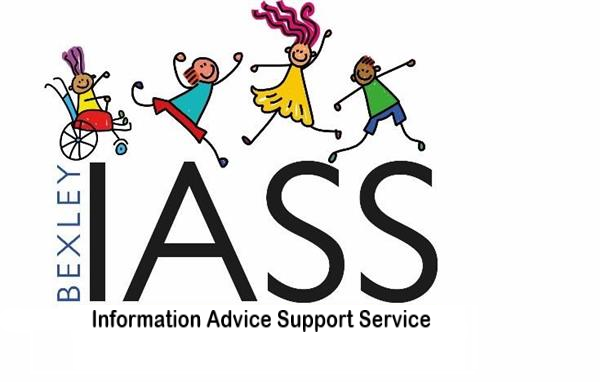Disagreement Resolution & Mediation
The Local Authority have a duty to provide SEN Mediation and Disagreement Resolution services.
This page will provide information on the difference between Mediation and Disagreement Resolution and support you in accessing the service.
WHAT IS MEDIATION
Mediation is an informal, voluntary process which involves an independent facilitator (the mediator). Mediation works best when parties to the dispute come to the meeting with a real desire to resolve the disagreement and a willingness to negotiate.
Using mediation does not affect the parent /carer’s or young person’s right of appeal to the SEND Tribunal. For more information about the SEND Tribunal, please visit our page HERE
The Mediator:
The mediator is a specially trained independent facilitator, with knowledge of the legislation relating to SEN, health, and social care, who does not take sides and does not give advice or judgement but manages discussions fairly and confidentially to help people communicate and explore options and to help to clarify the nature of the disagreement in preparation for the mediation session. The child’s or young person’s needs and interests are always kept at the heart of these discussions.
The law says you have to consider whether to enter mediation before you can register your appeal so at the very least you must contact a mediation adviser, for whom contact details would be provided in the LA’s letter. Mediation services are free of charge.
WHAT IS DISAGREEMENT RESOLUTION
A parent or young person can ask for Disagreement Resolution (DR) at any time during the SEND process, even when you have already lodged a Tribunal appeal.
Access to disagreement resolution covers all children and young people with SEND – whether or not they have an Education, Health and Care Plan (EHC Plan).
However, the other party or parties involved in the disagreement have to agree to take part before it can take place. Otherwise DR works in exactly the same way as Mediation.
DR is for these types of disputes:
- How LA’s or education providers (early years, schools, colleges) carry out their education, health and care duties for children or young people with SEND.
- About the SEND provision made by education providers
- About health and social care provision during all the stages of the EHC plan process.
- Disagreement Resolution can also be used to resolve school exclusions involving children or young people with SEND.
What happens at a Disagreement Resolution Meeting or at Mediation.
The meeting is about understanding the issues of the disagreement and trying to solve them. It brings together the people who know the child or young person.
It is not about “who is right and who is wrong” and the focus is on the present and the future rather than the past. People work together to resolve problems with the help of the mediator and make the decisions. This is different to the Tribunal, where a panel hear the parties’ evidence and then make a ruling.
A KIDS SEND mediator manages the meeting, which usually lasts between 2 and 3 hours. The mediator makes sure everyone at the meeting can have their say and are listened to. Our mediators are impartial and they do not take sides or impose decisions.
Usually people reach an agreement, which is put in writing with the help of the mediator and a copy given to everyone.
If attending a mediation, KIDS will issue a certificate within 3 working days to confirm that mediation has taken place. This ensures that when families are not satisfied with the outcome of the mediation meeting, they have 1 month to make a tribunal appeal.
For further information from KIDS on Disagreement Resolution and Mediation please click HERE
KIDS Disagreement Resolution & Mediation Service for Bexley Residents
KIDS SEND (Special Educational Needs and Disability) Mediation service is an independent mediation and disagreement resolution service, which is free of charge for parents/carers and young people. The service helps to settle disagreements between parents or young people and local authorities (LA’s), schools or other education providers. These disputes are often about the SEND of children and young people, and how best to meet their needs.
The provision of mediation and disagreement resolution is a statutory requirement for local authorities. It offers an alternative to a tribunal hearing and is quicker and less formal. Mediation enables people to communicate better with each other, and it can help re-build relationships that have broken down.
For more information and how to contact KIDS: CLICK HERE
